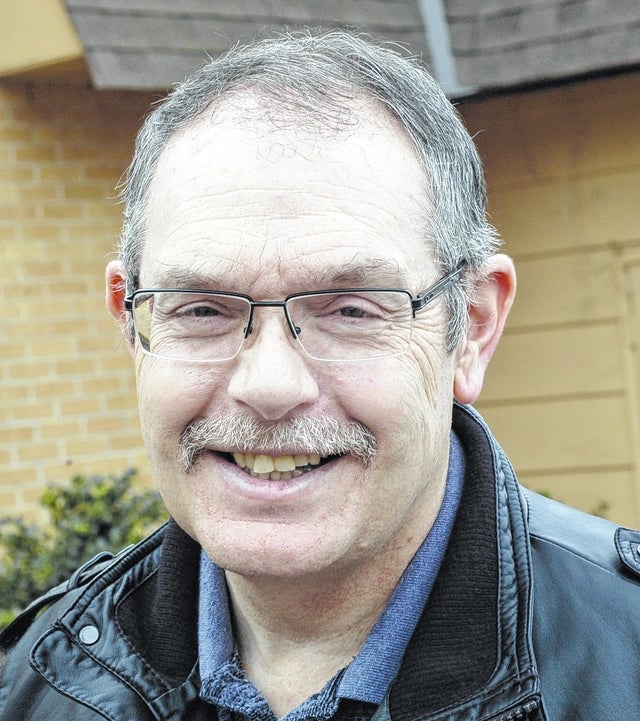Troup extension agent: Water testing 101
Published 12:00 am Tuesday, December 22, 2015

It seems like every two weeks or so we experience a monsoon of over two inches. With rain coming at that rate, the ground becomes saturated and the excess rain becomes runoff.
Instead of soaking into the soil, it may go where it’s not supposed to. This may cause private water wells to become contaminated. Excess minerals, chemicals and disease-causing bacteria may enter the well.
If you notice that your water is a little cloudy or muddy, it may be a good idea to get it tested. Anytime you notice an odd taste, corrosion and staining are also warning signs. Some contamination is not detectible. UGA recommends that homeowners with a private well should have it tested each year. It’s not a good idea to guess whether it’s safe to drink. Most well water problems can be corrected, but you can’t do that if you don’t know that a problem exists.
Rainwater filters through the soil and collects in the cracks and fissures of the rock or parent material deep underground. As it seeps down the leaves, insects and other particles are removed. If the rainwater picks up chemicals or sewage from an overloaded septic tank system, the well can become contaminated.
Chemical spills that occur within 100 feet of the well can also contribute to the problem. Warm weather also increases the likelihood of microorganisms invading the well.
Shallow or bored wells are more susceptible to problems with contamination especially if the wellhead is not protected and is in a low lying area. Any well that the casing or pipe is cracked will allow contaminants and oxygen into the well which will allow bacteria to grow.
Never house livestock, petroleum tanks or store pesticides within 100 feet of a well. The wellhead should be protected from damage from lawnmowers or tractors and equipment.
Crystalline rock structures that make up our aquifers in the Piedmont region of Georgia are more likely to contain radon. A simple test can be ordered from UGA to test for radon in our basements. Uranium in some rock structures may also be a problem.
A single test cannot detect all the possible contaminants in well water. Over 30 tests are offered. UGA recommends annual testing in four areas: water chemistry, bacteria, nitrates and turbidity and color. The basic chemistry test determines hardness, pH, and concentrations of sixteen minerals and metals.
Having your well tested each year ensures peace of mind.
What’s going on in Extension?
Tree seedlings can be ordered from the Georgia Forestry Commission, 706-845-4122
If you have any questions or concerns, stop by or call the office. UGA has a wealth of information for home and property owners.


